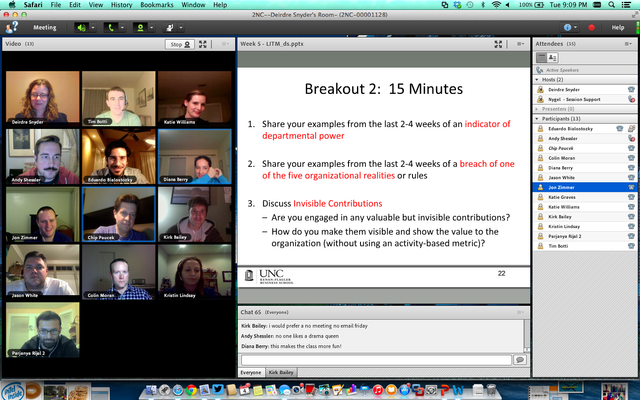is the teacher`s job going to extinct with the newly intoduced teaching technologies?
In Persia it is a tradition that we remember the 12th day of May in memory of Dr. Abulhassan Khanali and Professor Mortaza Motahhari, called Teacher's Day, and we make it an excuse to appreciate those who have occupied the teacher or the teacher's role or teacher's role. do.
Fortunately, at various times and under different excuses, I appreciate the teachers I have served, and in the future, if it is a blessing and opportunity, I will do it.
So, I felt that perhaps I could use this day's opportunity and address the question that has been busy for many years.
Of course, the dear friends who have heard me here and in the other media, and the other classes, are familiar with this question, and they know and understand the mental space and my regular efforts to find the answer.
However, I felt that it might still be worthwhile assigning something in the blogs.
Principle Talk: Is a Teacher's Job Extinct?


If we want to examine this question in an accurate and scientific way, we should distinguish between teacher and teacher's job.

The teacher is the one who teaches the other, and this exchange of knowledge is as old as human history (and even seen in other animals). But the teacher's job is a recent event. It has been around for about three thousand years.


If we consider the teaching of a teacher as an education, we must remember that public education is a modern phenomenon, which was formed in the late eighteenth century and after the French Revolution, and lasted less than three centuries.
From this perspective, we must remember that a teacher's job, like any other job, is created in response to a social need and is not original in nature.
Naturally, if the shape of this need changes, then the teacher's job will also be transformed, and as natural history has taught us, any entity that does not adapt itself to the new conditions and the new requirements of its environment will give way to more adaptable organisms. Teacher and teacher are no exception.
Teacher's Day Gift - Sakineh Shafie Nejad
In order to analyze what has happened to the teacher's job and to think about what will happen in the future, it requires extensive studies and serious field research. As they did, they still do not agree on the fate of this job.
Therefore, what I write below is merely a point of view that comes to my sight (the real distance between the eyes and the mind, unlike their physical distance, is high. Perhaps if we think more about what we have seen, we will have a completely different understanding):
Trend One: It seems that the education industry has experienced a process of deconstruction over the last decade, and specifically over the last decade. Institutions such as schools, universities, the Ministry of Education and the Ministry of Science in Iran and the world gradually lose their importance.
Assuming that this observation is correct or at least not far from reality, there are several reasons for it. In particular, in recent years, these institutions have not been able to keep pace with the changes that they need to change and adapt to as quickly as the industry and the market need. The result is that the researcher, if he can not sell his research and literacy in the industry, will have to publish it in the form of an academic article, and in this way, it will turn it into a potential bread and actual name (of course, my look Special to science means Science, which, of course, also includes a part of humanities and management.



The industry knows well and well that it should not open up an academic education. Hence, it considers other criteria for the attraction and development of human resources, one of which is the personality profile. In other words, instead of learning from people in the past, he prefers to invest in their future learning.
The school, which before the university, is clearly an ideological institution serving the state. Expecting to go from school should not go beyond sound and television or a government newspaper. This issue is not limited to our country and can be felt in many countries.
Note, of course, that I'm not just general lessons. Even the methodology used in the science of the minute (like physics, life) as well as the experimental sciences also fixes sometimes somewhat erratic and generally superficial methods in the minds of children.
Worried that if you gather 100 parents and book science or biology or physics or even mathematics before them and tell them what methodologies are included in the bottom of these books and are transmitted to your children's brain, Perhaps five or ten people can not understand the face of this question. But of which number, how many people can answer this question, I do not know.
Trend Two: The other thing that has happened in the field of learning and learning is the creation of platforms (previously in the social sector modular curriculum).
Platforms should not be confused with institutions.
Institution, decision-making is central, and the rest is merely a function of the institution. For example, we are at the school as a teacher.
But on the platform, each person (or at least a significant number of people) becomes an actor and influential. The share of Systrom in Instagram and Zuckerberg on Facebook is not low. But users also play a role in shaping and guiding the movement, growth and decline. This is what platform philosophy is based on.
Educational platforms are scarce in the world and are increasing every day. The platform naturally diminishes the role of the teacher in the traditional sense. Now how many people can you name in the complement you learned so much? I think everyone can